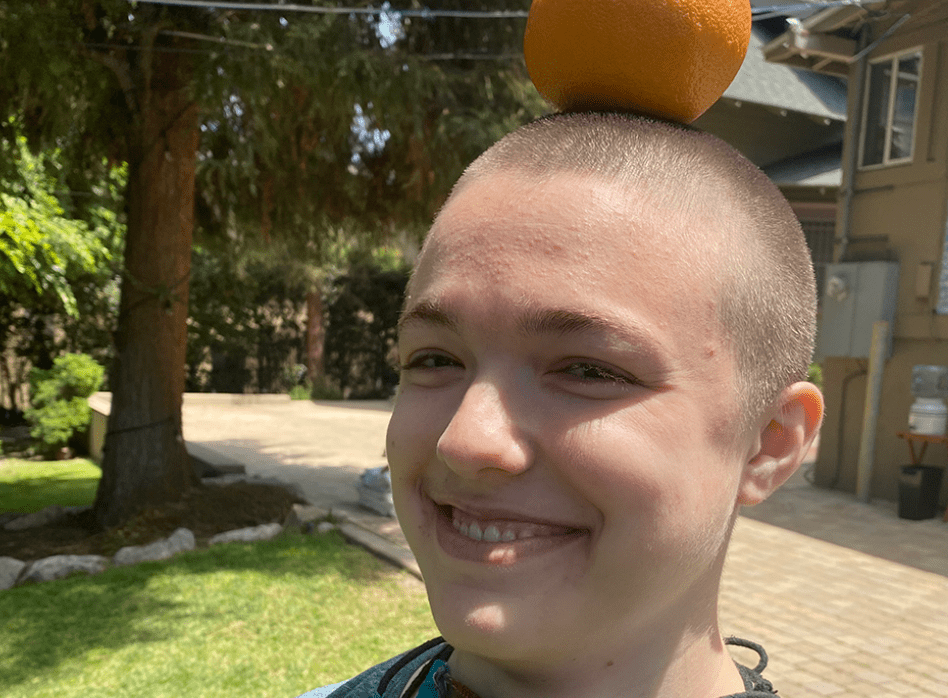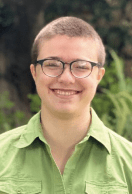
Inhabiting Whiteness
July 1, 2021
 by Sacha Joshin Greenfield
by Sacha Joshin Greenfield
I recently attended a talk where the Black speaker said: “The key question that white people need to reflect on, that will determine how things shift in the coming years, is: ‘What does it mean to be white?’” Since then, I have practiced with these questions: What is my white karma? What actions of my white ancestors are manifesting in the present? What karma of whiteness am I manifesting? And how will I respond to the karma of whiteness through vow?
As a child, I was taught to empathize with others by “walking a mile in their shoes.” Imagining what it’s like to be that person and how they are feeling was the gateway to compassionate and appropriate action. Now, I am questioning this “conventional wisdom.” I can never really know another person’s experience. Can I actually walk in another person’s shoes? My imagination of their experience is actually based on my concepts: I can only directly experience my own life.
Instead of pretending to walk in someone else’s shoes, I am practicing standing fully in my own shoes. Fully accepting and taking responsibility for myself, I can meet someone just as they are. Grounding myself completely in my own experience creates the spaciousness to meet others without trying to change their experience.
My white skin is the shoes I walk in. As a white person, I will never know what it is to be a person of color and to be marginalized, discriminated against, and killed on the basis of my skin. So instead, I am deeply investigating: How do I stand completely in my white karma? How do I fully inhabit whiteness in a way that heals myself and others?
How will I respond to the karma of whiteness through vow?
Since embracing this question, the actions arising for me are microactions, and they are very personal. Basically, I notice my own racist thoughts, feelings, words, and actions. Rather than suppressing them, I feel them and see them clearly. Sometimes I voice them to supportive friends. And I let them pass on.
The other day, I observed to a friend that I have more racist thoughts and feelings now than I ever did before. “I’m not just noticing them more,” I told him. “I’m actually having more of them.” I liken it to sesshin, where deeply sitting with my own mind, I have more distressing thoughts and feelings than I do in ordinary life. This is actually my mind’s healthy functioning. My conditioning has been there all along—sesshin simply brings it to the surface so I can see it clearly and release it. Likewise, the deep investigation into racial conditioning that I am doing with white and BIPOC dharma friends is drudging it up for me to see.
My white karma is the karma of my colonizing ancestors, who subjugated indigenous peoples for their own benefit. My white karma is to cut in front of the black man at the grocery store without realizing it, and to assume the black students at the physics conference aren’t physicists. My white karma is to be implicitly or explicitly preferred on applications because of my white-sounding name. My white karma is to have the privilege to ignore the racism that pervades society. The violence of my white ancestors lives on in my body, heart, and mind.
Rather than pulling beings into deeper and more vicious cycles of racism, how can I transform this white karma into vow?
Just as we sit together in sesshin, I now feel that this work of bringing my racial conditioning to light is best done together. When I notice my own racist thoughts and feelings, I try to expose them in the Facing Whiteness group—a vulnerable experience that is supported by the fact that all the members are white. When I hear microag- gressions, I practice making microefforts to raise my own and others’ awareness. I practice asking BIPOC friends how I can support them—letting them walk in their own shoes, and if they want to, tell me what it is like.
I atone for racism past, present, and future. My white skin is the portal of my atonement.
Joshin is a ZCLA Resident, a member of the Facing Whiteness Group, and a PhD student in Physics at USC.
